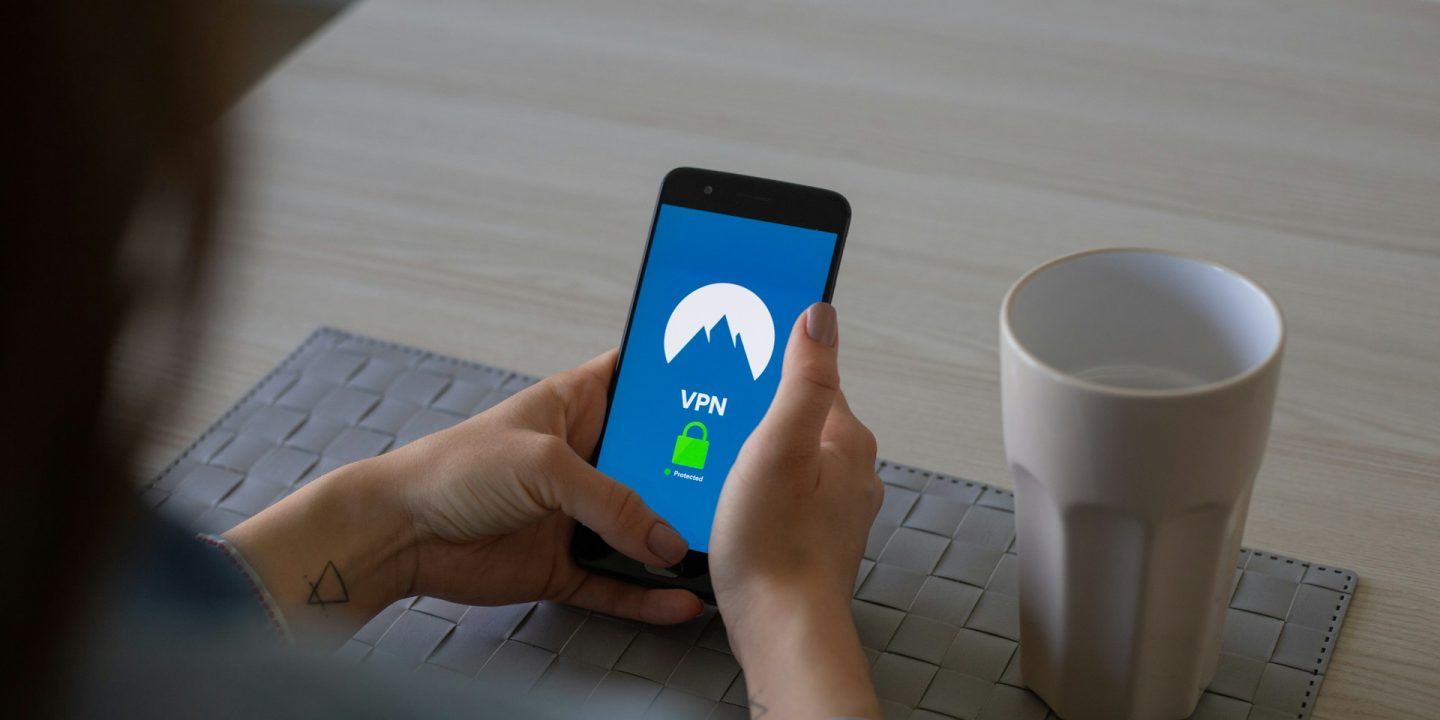
Do you believe that using a VPN makes you completely invisible online and shields you from data collection by ISPs, tech giants, social media platforms, and data brokers? Think again! While VPNs are a powerful tool for enhancing digital privacy and security, there are plenty of misconceptions floating around. Whether you’re already a VPN user or just considering one, it’s time to separate fact from fiction.
Myth #1: A VPN Makes Your PC Impenetrable
Reality: Your device still has vulnerabilities
Many users assume that as soon as they enable a VPN, their PC becomes completely secure against hackers and cyber threats. While it’s true that a VPN encrypts your data and masks your IP address by replacing it with one from its server pool, it doesn’t make your system invincible.
Your operating system, web browser, and installed apps may still have unpatched vulnerabilities that can be exploited. VPNs also provide no protection against zero-day exploits, data breaches, phishing attacks, or credential stuffing.
So, is there a way to make your PC impenetrable? Not entirely, but you can significantly enhance your security by using an antivirus, a firewall, a password manager, two-factor authentication, and ensuring that all software is regularly updated.
Myth #2: VPNs Can Completely Block Government Surveillance
Reality: Surveillance methods are evolving just like VPNs
After Edward Snowden’s revelations about mass surveillance, VPNs surged in popularity as people sought ways to reclaim their online privacy. While VPN technology has improved dramatically since then, so have government surveillance techniques. Even the most advanced VPN cannot completely prevent government tracking.
A VPN does prevent your ISP from logging your activity and protects you from many types of digital tracking. It encrypts your internet traffic and hides your IP address, making it harder to trace your online activity. However, governments can use deep packet inspection (DPI) to analyze encrypted traffic and may even force VPN providers to log and hand over user data.
Moreover, VPNs do not protect against device-level surveillance. Your computer and smartphone are designed to send telemetry data for performance tracking and software improvements. Additionally, they can’t block browser fingerprinting, GPS tracking, and metadata collection from various applications.
Myth #3: Zero-Log VPNs Don’t Collect Any Data
Reality: Some logging still happens, but not in the way you might think
Many VPNs proudly claim to have a strict “zero-log” policy, suggesting they don’t record any of your online activities. Choosing a zero-log VPN is always a good idea, especially if its policy has been audited by an independent firm. However, even so-called zero-log VPNs often collect some data.
A truly no-log VPN won’t store information about the websites you visit, the files you download, your IP address, DNS requests, or any other metadata that can be linked to your identity. However, many still collect connection timestamps, crash reports, and device/OS information for troubleshooting and analytics. Additionally, payment details (especially when linked to credit cards or PayPal) can still be tied to your identity.
Myth #4: VPNs Make Your Internet Too Slow to Use
Reality: Speeds can drop, but modern VPNs are optimized for performance
It’s true that VPNs reroute your internet traffic, adding an extra step in the process. Since your data has to pass through a VPN server before reaching its destination, you may experience some speed reduction. However, the idea that VPNs make your internet unbearably slow is outdated.
In reality, a well-optimized VPN may only cause a 10-30% speed reduction. If you connect to a nearby server, the slowdown is minimal. On the other hand, using a server on the other side of the world may result in noticeable lag. That said, even with a speed drop, most users can still stream 4K content, play online games, and browse without major disruptions.
The only scenario where VPNs may significantly impact performance is online gaming. Since gaming requires low latency, VPN-induced lag can be a problem, especially in fast-paced shooters. However, you can improve performance by connecting to a nearby server, using a wired internet connection, and closing background applications.
Myth #5: Using Multiple VPNs Adds Extra Protection
Reality: It sounds good in theory, but it’s impractical
If a single VPN improves privacy, wouldn’t using two VPNs together provide even stronger protection? The concept of “double VPN” or “multi-hop VPN” sounds promising, but in practice, it doesn’t offer much benefit.
Using multiple VPNs adds extra encryption layers, but it also significantly slows down your connection. Each additional VPN server introduces more latency, making everyday activities like streaming, downloading, and web browsing painfully slow. Moreover, this setup increases the risk of DNS, WebRTC, or IP leaks, negating the extra security you were hoping for.
Instead of complicating things, stick to a single well-reviewed VPN provider that already implements strong encryption and secure protocols.
Final Thoughts: VPNs Are Still the Best Defense Against Tracking
While VPNs are not a magic bullet for online privacy, they are still one of the best tools available for safeguarding your data. They offer significant protection against tracking, ISP logging, and certain cyber threats. However, to make the most of a VPN, it’s essential to understand its limitations.
Always choose a reliable and trustworthy VPN provider, and combine it with other security measures such as strong passwords, two-factor authentication, and privacy-focused browsers. By staying informed, you can take full control of your digital security and enjoy a safer, more private internet experience.
Photo by Petter Lagson on Unsplash









